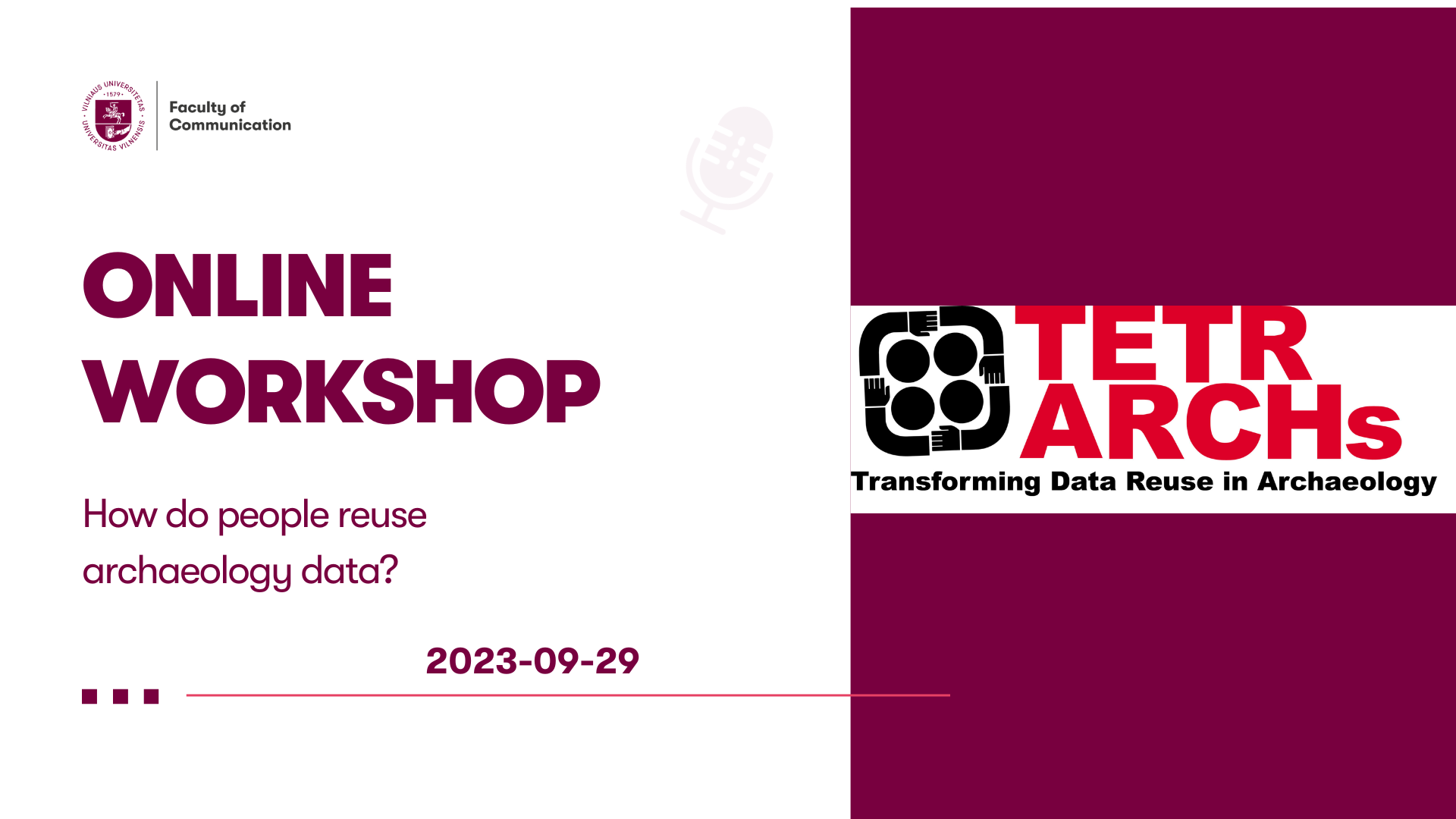In an era where digital information reigns supreme, the field of archaeology is no exception. Prof. Rimvydas Laužikas and his dedicated team at Vilnius University, Lithuania, are at the forefront of addressing a pressing research challenge: optimizing the reuse of archaeological research data. As part of the TETRARCHs project, they are organizing an online workshop set to take place on Friday, Sept. 29, from 12:00 to 14:30, focusing on identifying high-quality case studies of data reuse.

Over the past decade, the archaeological community has made significant strides in making data more accessible and discoverable. However, the challenge of defining best practices for data reuse now takes center stage. This workshop aims to unveil the initial findings of investigations into archaeological data reuse, shedding light on methodological issues and seeking ways in which archaeological archives can better serve the needs of their users.
The workshop's program features an array of insightful sessions, including an introduction to the Quality in Use Methodology by Prof. Rimvydas Laužikas, presentations on use cases for professional archaeologists by Kristy-Lee Seaton from the University of York, and multiple sessions dedicated to exploring use cases for non-professionals, all led by experts from Vilnius University.
This workshop promises to be an enriching experience for archaeologists, researchers, and anyone passionate about the preservation and accessibility of archaeological data. It's an opportunity to contribute to shaping the future of archaeological archives and ensuring they meet the evolving needs of the field.
For detailed information and registration, visit: https://www.tetrarchs.org/index.php/2023/09/19/how-do-people-reuse-archaeology-data/
